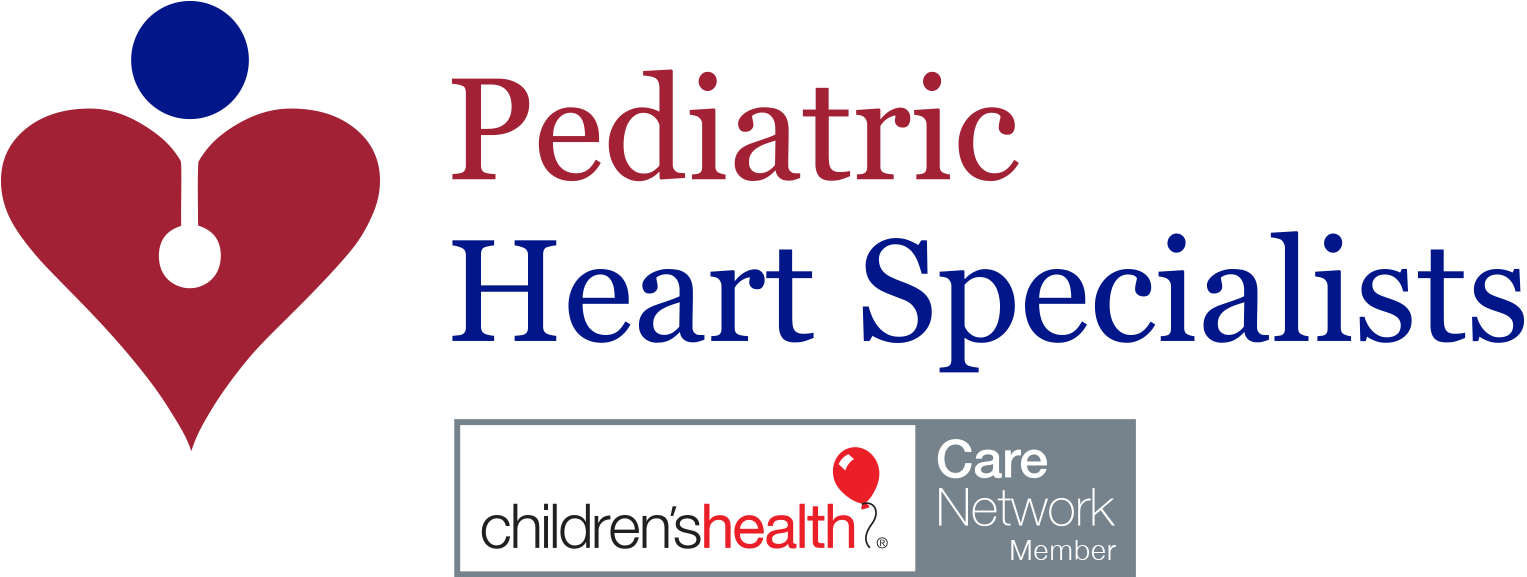As a parent, having your child complain of chest pain can be a scary concept.
It is natural to worry about the heart first. Fortunately, while chest pain
in adults can often be cardiac, most chest pain in children is not related to
the heart.
There are a number of non-cardiac factors that can lead to chest pain in
children. The most common cause of chest pain in children and teenagers is
chest wall pain. Typically a brief, sharp sensation, this pain is sometimes
worsened with deep breathing. This is a benign cause of pain, generally
thought to be secondary to muscle spasms within the chest or irritation of
the lung pleura (lining). While this pain is not caused by the heart,
it is real pain and can cause distress to the child.
Other common causes of chest pain in children can include gastrointestinal,
such as acid reflux (heartburn). This pain is typically a burning or aching
pain and is often noted to occur at night or following meals. Respiratory
causes of chest pain can include persistent coughing with colds, leading to
muscle aches, as well as asthma symptoms, leading to a chest tightness and
shortness of breath that is often perceived as pain. Even stress and anxiety
can cause generalized chest pain in some children.
The management of non-cardiac chest pain is often centered on comfort and reassurance. While children with cardiac causes of chest pain will often require treatment and may be restricted in their physical activities, children with non-cardiac chest pain are typically cleared to play sports without restrictions.
Thankfully, these non-cardiac causes of chest pain are much more common than
true cardiac chest pain in pediatrics. In children, the most common
heart conditions which can cause chest pain include pericarditis
(inflammation of the sac that surrounds the heart), myocarditis (inflammation
and infection of the heart muscle), abnormal coronary arteries (leading to
compression of these blood vessels), or arrhythmias (abnormal heart rhythms).
These are all much rarer than the non-cardiac causes of chest pain and can be
diagnosed by a cardiologist with evaluation and testing, often including an
ECG and echocardiogram.
Regardless of the cause of the pain, any chest pain is scary, both for the
child and for the parent. If your child complains of chest pain, speak to
your pediatrician to determine the need for cardiac evaluation. If a visit to
the cardiologist is needed, we will be happy to see your child quickly and
help determine the cause for the chest pain and any further need for
treatment.
Christy Glasow, M.D.
Posted by in .

